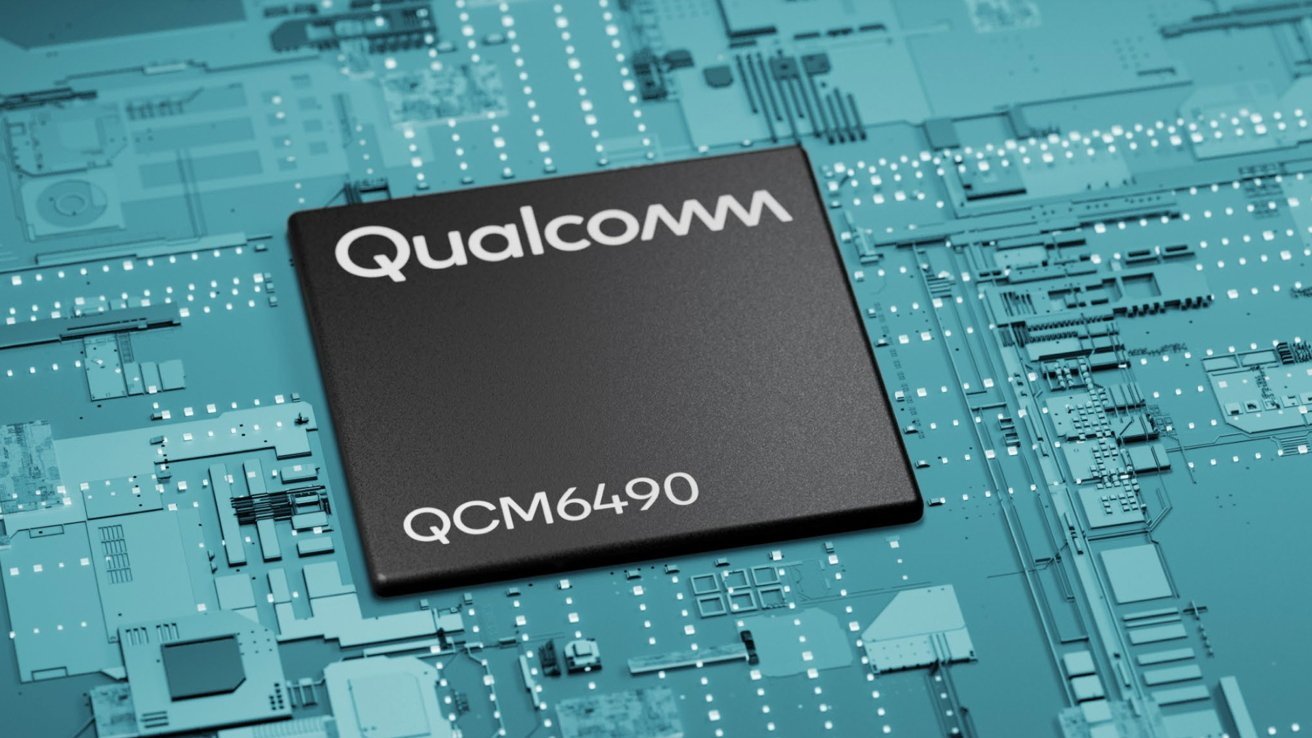The latest indication that Apple's attempt to manufacture 5G communications equipment internally has failed is the three-year agreement Qualcomm made with the iPhone maker to provide it with those chips.
In a pact with parameters that are identical to those of an earlier agreement between the two firms, Qualcomm announced on Monday that it will provide Apple with the modem chips for smartphones set to ship in 2024, 2025, and 2026.

Previous supply agreements have proven profitable for Qualcomm and costly for Apple. According to a UBS estimate from last month, Qualcomm sold modems to Apple for around $7.26 billion in its most recent fiscal year, or about 16% of its overall revenue. Due to the decline in demand for smartphones, Qualcomm's shares have lost 20% of their value over the past year. Qualcomm has not disclosed the value of its most recent agreement with Apple.
However, the agreement may be a sign that Apple's long-running project to create its own modems won't soon be incorporated into its top-tier smartphones. In 2019, Apple paid $1 billion for Intel's smartphone modem unit, acquiring 2,200 employees along with a patent portfolio. Additionally, Intel had trouble creating 5G modems and was losing close to $1 billion annually doing so.

Apple has a history of producing its own technology and lessening its reliance on third-party chip suppliers. It released its first processor chip in 2010 for the iPad and iPhone. These in-house mobile CPUs have over time given Apple an advantage over Android phone competitors in terms of performance and battery life. The same third-party chip suppliers, including Qualcomm and Taiwan-based MediaTek, supply the majority of Android phones.
2020 saw Apple start making its own laptop chips, dislodging Intel, a longstanding Mac chip partner. The Apple chips' increased processing speed and long battery life revived the Mac's ailing company and helped it overtake Microsoft Windows-based PCs in market share.
© Copyright 2023. All Rights Reserved Powered by Vygr Media.






















